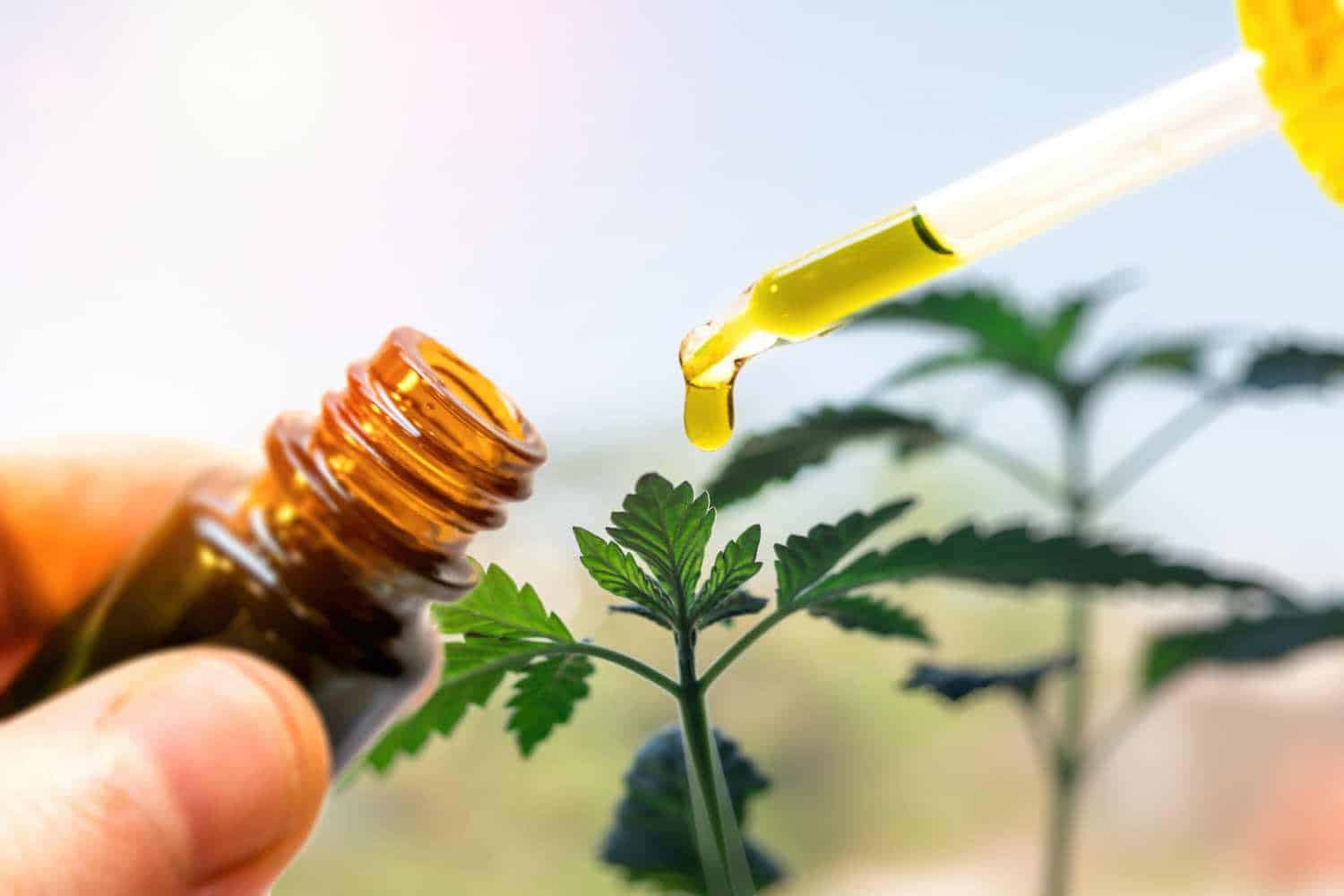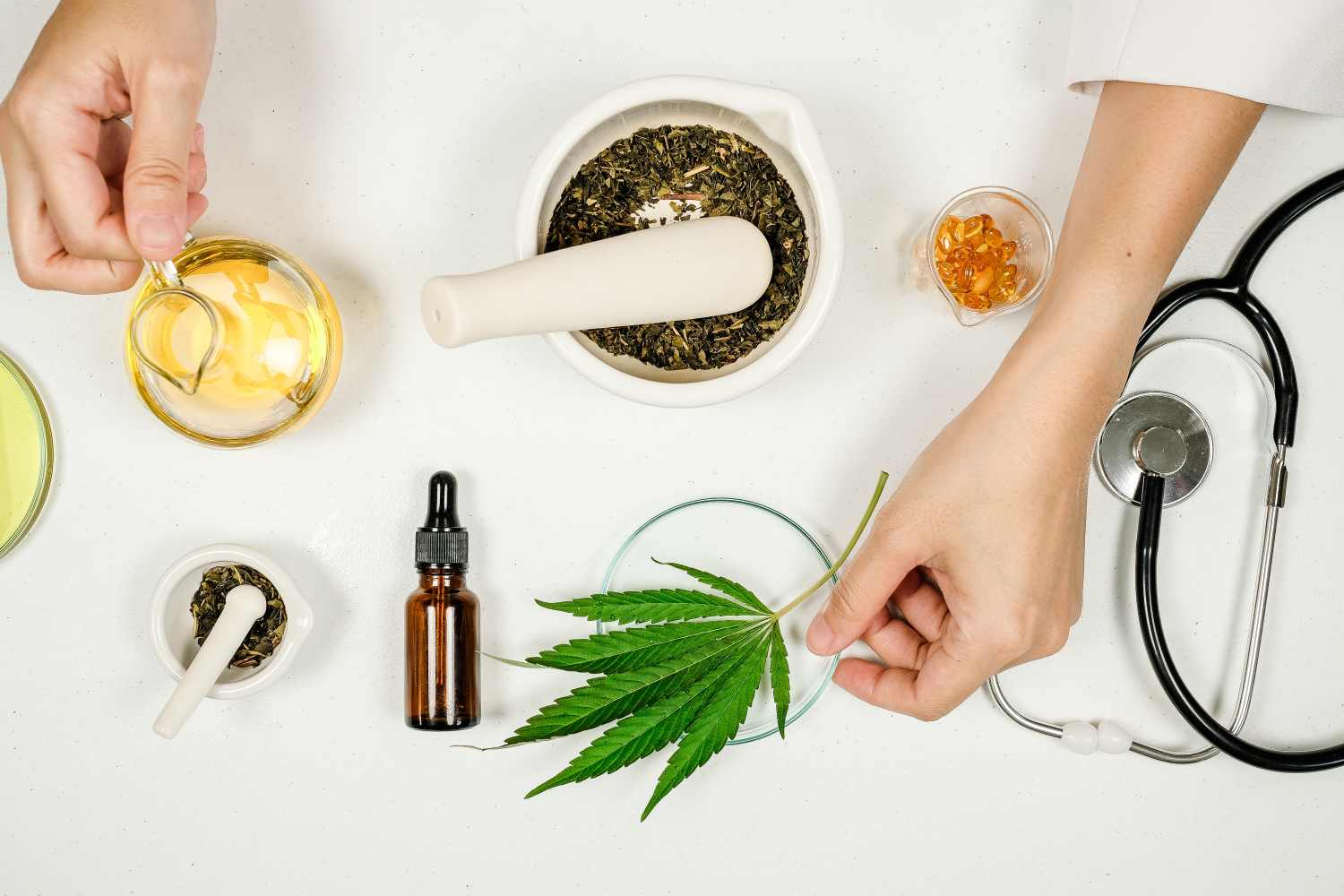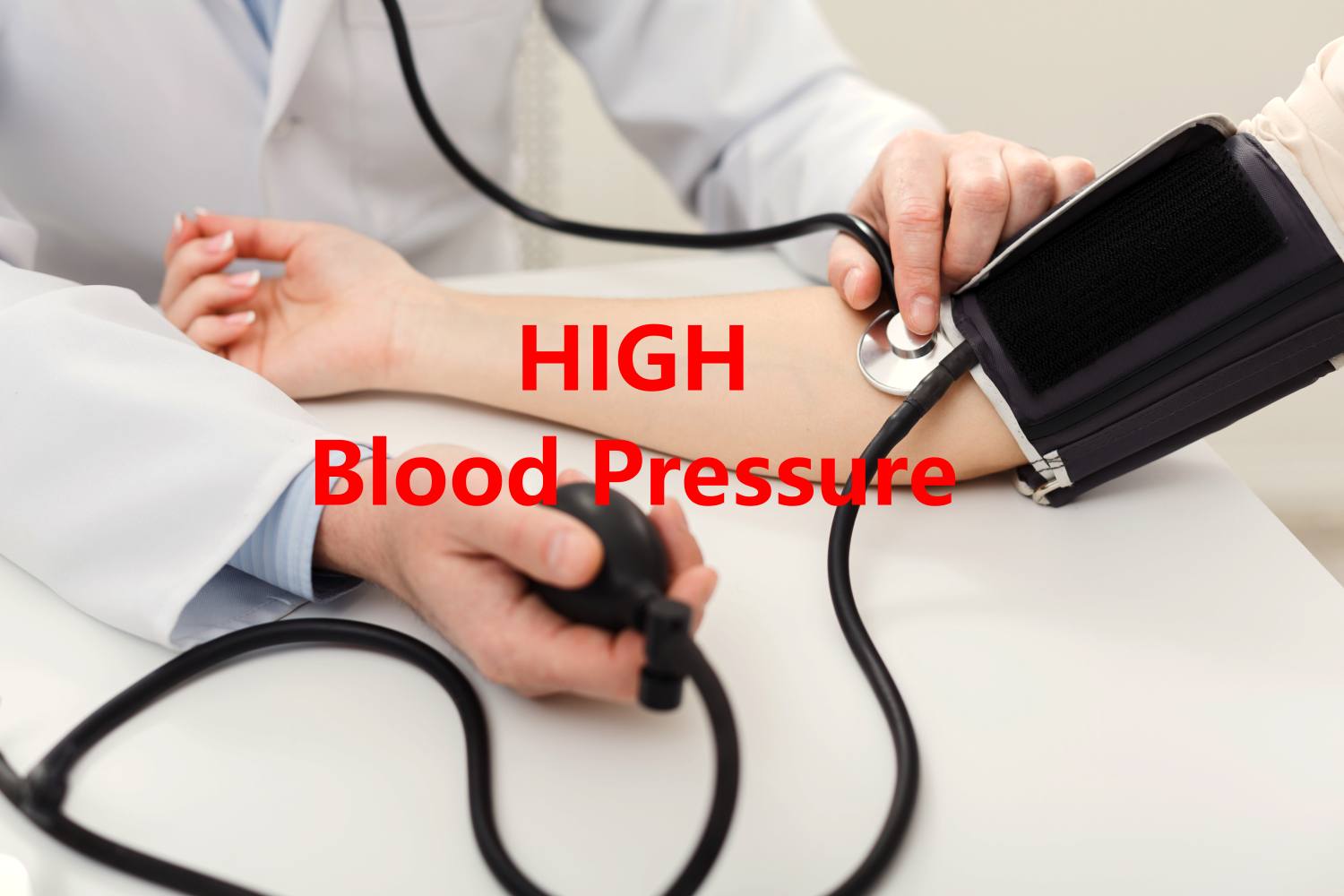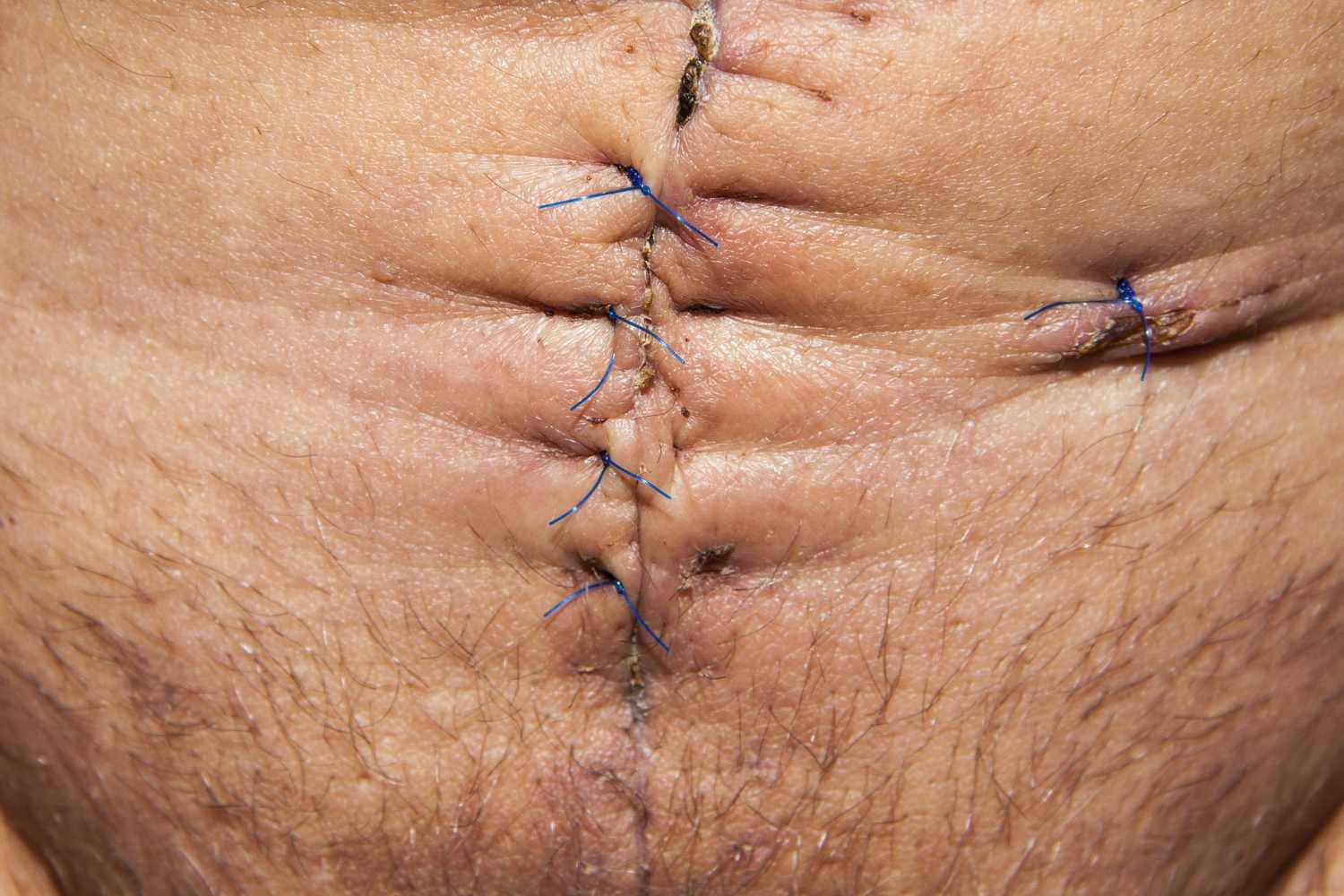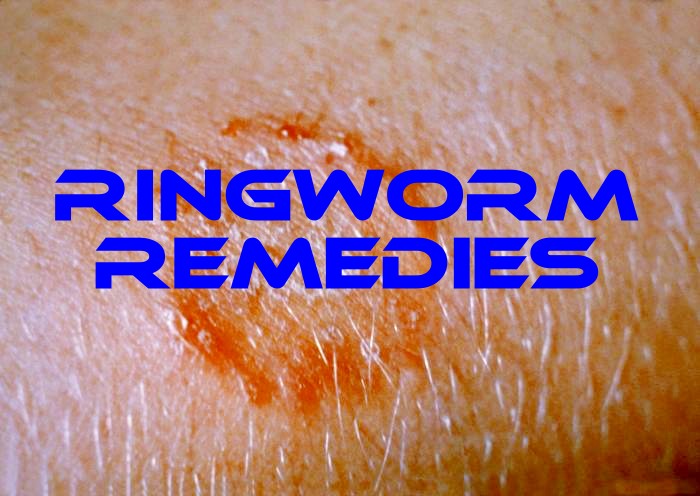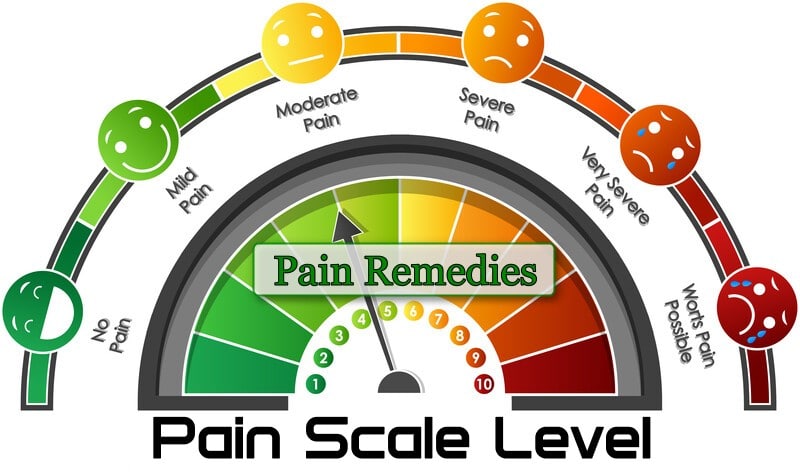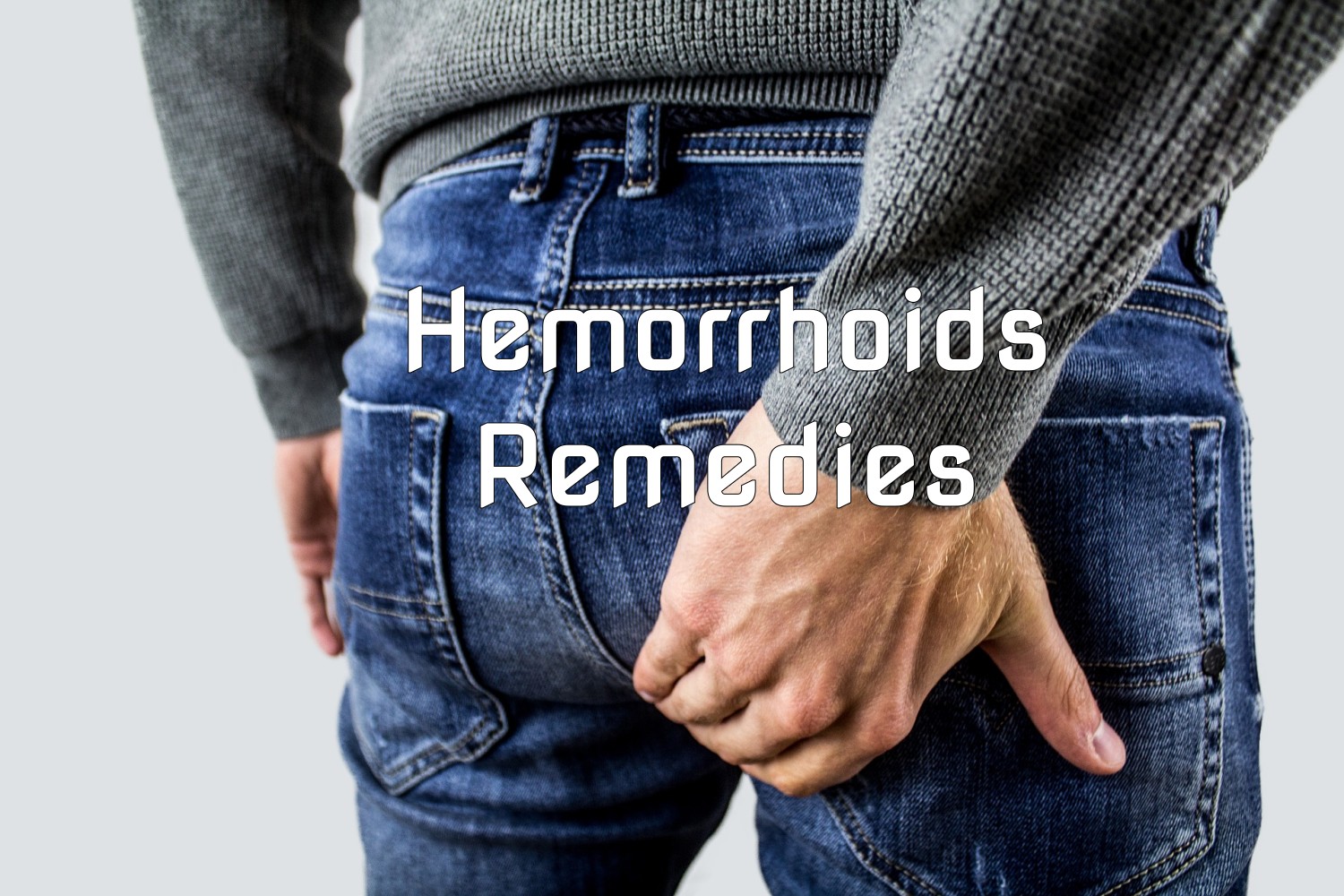What is CBD?
Perhaps one of the most controversial, misunderstood and divisive substances to hit the headlines in recent years, CBD or cannabidiol seems to be everywhere and added to almost everything nowadays. Cannabidiol has been in the media, promoted by celebrities and demonized by some politicians, so it’s important to separate the hype from the facts.
The most common misconception is that CBD is the same thing is marijuana, and the second most common misconception is that CBD oil can get you high. Both of these have some truth to them, but the answers aren’t as simple as that. It’s worth exploring these a little further.
Cannabidiol isn’t the same thing as marijuana:
- CBD or cannabidiol is the second most active ingredient in marijuana (cannabis) and is one of the components that medical marijuana is so valued for. But the cannabidiol that you can buy in products is not derived from the same cannabis plant that gets you high, but instead it’s derived from the hemp plant. Hemp is a close cousin to the cannabis plant but it doesn’t contain THC (which is the chemical in cannabis that gets you high)
- Even though cannabidiol is one of many chemical compounds contained in marijuana, the products you can buy in the market are derived from the hemp plant which doesn’t contain the chemical components to get you high
- Cannabidiol on its own does not cause a high
- According to the WHO, cannabidiol does not pose any risk of dependence1, and there is no evidence that consuming or using CBD poses any serious risks to health
What is CBD?
Can cannabidiol get you high?:
- Although CBD can have an effect on the way you feel, it is THC from the cannabis plant that gives you that feeling of getting high, and not CBD
- It doesn’t matter whether CBD is extracted from the cannabis plant or the hemp plant, it is still the same compound and the effect you and your body are the same
- So as a conclusion, CBD doesn’t contain the THC from the cannabis plant that can get you high
Why can CBD become so popular?
While there has been talk about medical marijuana for decades, there has been plenty of pushbacks against the idea of people getting high to take advantages of the potential health benefits of medical marijuana. Many people still consider marijuana a drug, and this has politicized the issue quite a bit.
CBD on the other hand, although potentially derived from the same source as THC, can offer most if not all the potential benefits of medical marijuana without the (realistic) possibility of getting anyone high.
When CBD started to be talked about in the early to mid 2010’s, it was still illegal to possess and sell it in the USA and most of the rest of the world. It’s currently legal in all 50 states, Canada and most of Europe. Since its legalization and acceptance, it can be found in a myriad of products from skin cream to shampoo and laundry detergent.
CBD products exceeded $5 billion USD in sales in 2019, which is an over 700% increase over 2018, in the USA alone.
What can CBD help us with?
CBD seems to be a very potent remedy and it’s thought to have the capability to help with a myriad of different ailments, but there are some uses it’s most looked to for. The most common reasons people reach for CBD oil are:
- Relief from anxiety
- Relief from seizures
- Help with neurodegenerative diseases such as Alzheimer, MS, Parkinson’s and stroke
- Pain relief, especially problems with chronic pain
- Skin problems
- Cancer treatment
- Insomnia
How does CBD oil work?
CBD oil works by interacting with the body’s endocannabinoid system, which is a regulatory system in your body. These endocannabinoids work similarly to neurotransmitters sending messages around the body to help maintain a state of health. CBD interacts with two receptors in the endocannabinoid system, CB1 and CB2.
- CB1: These are receptors present in the brain and are involved in motor skills, cognition, pain, and memory. They are also present in the peripheral nervous system which consists of the liver, thyroid, uterus, and other organs.
- THC connects with these receptors, stopping the release of neurotransmitters and consequentially increasing the release of others. It’s not yet clear the role that CBD plays when it comes to CB1 receptors
- CB2: These are receptors that are present in the immune and gastrointestinal systems and the brain and nervous system as well. It used to be thought that CBD interacts with CB2 receptors in the same way that THC interacts with CB1, but that recently has been shown to be false.
- The way that CBD interacts and affects our bodies is not yet completely understood, but scientists think that it encourages the body to produce more endocannabinoids. That is what is thought to bring the medical benefits attributed to CBD
What is CBD?
What to look out for when buying CBD oil:
Although CBD is a natural product that is known to help with many health issues, it’s worth knowing that there are a few things to look out for. The first thing to look out for when buying CBD oil, is that just like with any other oils meant for human consumption, there are good ones and bad ones.
- Good CBD oil is extracted from a high quality strain of hemp
- Buy full-spectrum CBD oil. That means that you’re not only getting the CBD oil, but you’re getting the full spectrum of extracts that are found within the hemp plant
- Buy third-party lab-tested CBD oil. That means that it’s been tested by an independent body in terms of quality, and to verify that the product meets the standards it claims to meet.
- Bad CBD oil is also possible to buy, and in this case, it’s worth looking at your source of purchase. First and foremost, don’t buy CBD oil from Amazon as none of the ‘CBD oil’ found on Amazon contains CBD. Amazon doesn’t allow the sale of actual CBD oil
- In the age of internet reviews, it’s difficult to sell a bad product for and length of time and get away with it. Always check the review of the product you want to buy, if it doesn’t have any reviews it’s probably a good idea to stay away from it
CBD oil may be quite new, but it seems to offer some really amazing health benefits and it has some real science backing up the results. If you suffer from any of the ailments CBD oil is known to help benefit, it’s a good idea to give it a try first before turning to potentially dangerous pharmaceuticals.
Related Home Remedy Searches:
cbd effects, cbd for sale,cbd legal, does cbd get you high, cbd drug test, cbd definition, what is cbd vape oil, cbd high, cbd side effects, what does cbd feel like, cbd oil prices, buy cbd vape oil, the cbd distillery,
cbd isolate slab, cbd slab, cbdistillery coupon, cbdistillery phone number, cbd for sale near me, What Does CBD Oil do, and what are it’s Side Effects, Natural CBD Oil Treatment, cbd oil, What is CBD?, cbd remedy,
CBD References and CBD Information
- WHO: https://www.who.int/medicines/access/controlled-substances/5.2_CBD.pdf
- Harvard Health: https://www.health.harvard.edu/blog/cannabidiol-cbd-what-we-know-and-what-we-dont-2018082414476
- The Extract: https://www.theextract.co.uk/is-cbd-legal-worldwide/
- Market Study (US CBD Market 2019 Report): https://global-uploads.webflow.com/596691afde3c5856d866ae50/5d25fbbc528d2e6c4abf56a3_US%20CBD%20Market%20Report_July2019.pdf
- Healthline Magazine: https://www.healthline.com/health/cbd-oil-benefits
- The UCLA Cannabis Research Initiative: https://cannabis.semel.ucla.edu/
- CNET: https://www.cnet.com/health/what-is-cbd/
- CNET: https://www.cnet.com/health/what-is-cbd/
- Take Spruce: https://takespruce.com/best-cbd-oil/
- Take Spruce: https://takespruce.com/best-cbd-oil/
- Amazon: https://sellercentral.amazon.com/forums/t/why-cant-cbd-products-be-sold-on-amazon/501615
- Read Also: https://homeremediesapp.com/why-is-cbd-oil-so-beneficial-for-inflammation/

